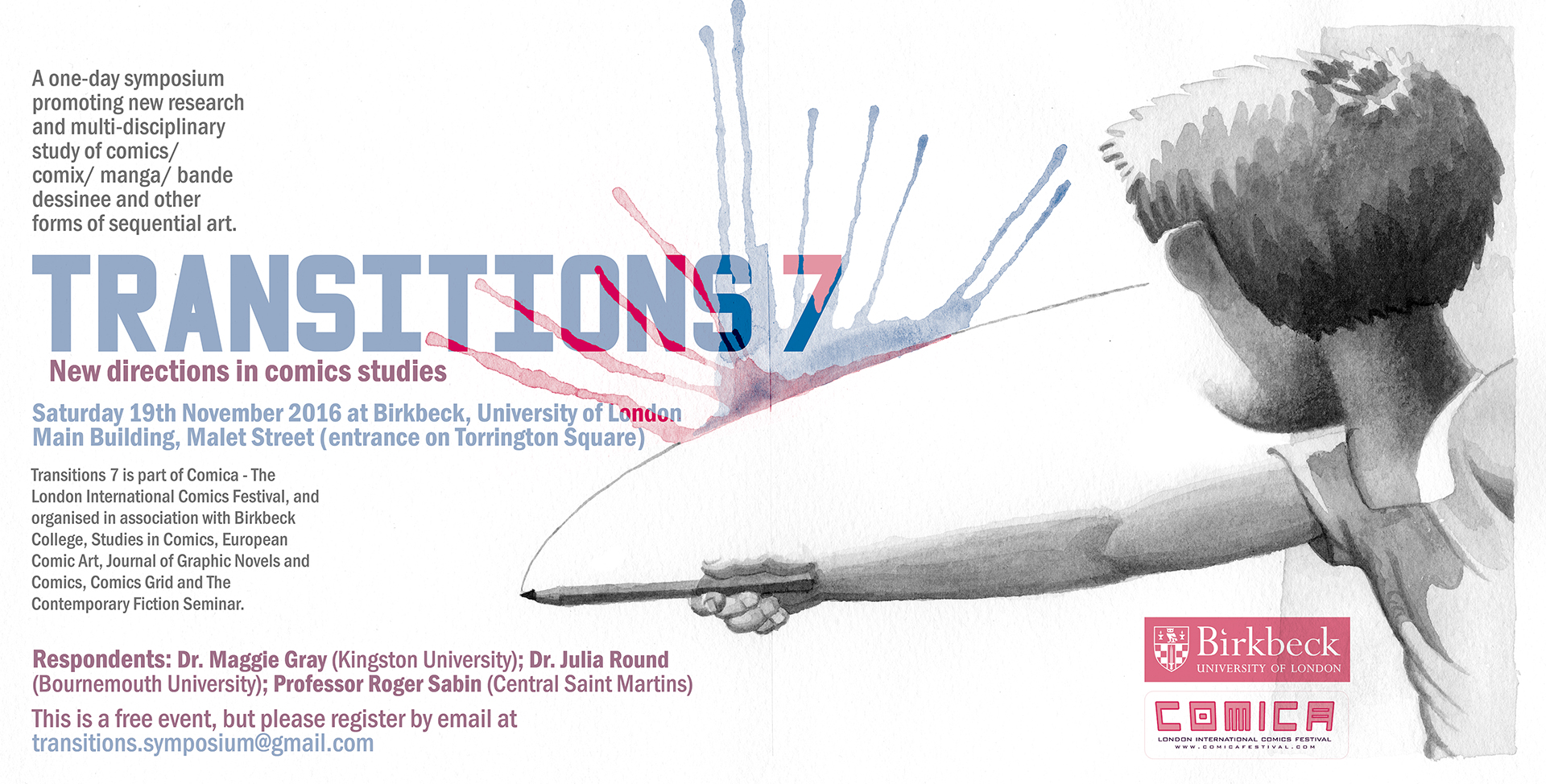University of Edinburgh Fantasy and Folklore Postgraduate Conference and Creative Writing Seminar
Deeper than Swords: Fear and Loathing in Fantasy and Folklore
18th-19th January 2017
School of Literatures, Languages and Cultures
University of Edinburgh
CALL FOR PAPERS
“Fear cuts deeper than swords.” A Game of Thrones, George R.R. Martin
Shakespeare acknowledged that “in time we come to hate that which we often fear” (Antony and Cleopatra). Fantasy and folklore literature have long explored these themes and their interdependent relationship. From the threat of the wicked witch in traditional fairy tales to new and terrifying monsters such as A Song of Ice and Fire’s White Walkers, it is from these stories that our worst nightmares are drawn and our deepest hatreds formed. Yet what is it about these genres that make them so well suited to depicting fear and hate? How do fear and hate symbiotically engage with each other within these genres, and how do these genres use this relationship to comment on wider socio-political issues?
The University of Edinburgh’s Fantasy and Folklore Reading Group is hosting its first, interdisciplinary postgraduate student conference on the 18th and 19th January 2017. We welcome submissions for 20 minute individual papers as well as panel proposals exploring manifestations of fear and hatred throughout fantasy and folklore literature. Potential topics can include, but are not limited to:
- Fear of the Other. Is fantasy literature particularly well placed to respond to the Other, and does it agree with or challenge normative perceptions?
- The uncanny. How do fantasy and folklore work to make the familiar frightening?
- Critical fear of fantasy literature. Why are fantasy and folklore still maligned within the academic community?
- How do cultural norms dictate what is understood as frightening? How is this typified or interrogated in fantasy narratives?
- How is death, as a concept or a real threat, handled in fantasy and folklore?
- How do fantasy narratives engage with themes of contemporary terror and psychological warfare?
- Fear, fantasy and psychoanalysis. Freud used fairy tales to extrapolate his theories – how can we, in turn, trace these theories through contemporary folklore?
- Are fear and loathing gendered? How can fantasy and folklore’s engagement with these themes be refracted through feminist perspectives?
- How do space, place and landscape influence our experiences of horror and hated?
- Trauma and survival: how do these narratives represent the impact of that which “cuts deeper than swords”?
We are also interested in papers which explore the intersections between fantasy, folklore and
- Cinema
- Television
- Theatre
- Creative Arts
Creative Writing Seminar
On Friday 19th January, we will also be holding parallel creative writing sessions. Writers working in any genre, from both the academic and local communities, are invited to join us for a stimulating day of workshop and discussion, led by postgraduate students and professional practitioners. The discussions will be influenced by papers presented on the first day of the conference and will allow writers to incorporate elements of fantasy and folklore into their work, even if they are not writing purely within those genres. The sessions will culminate in a reading, where delegates will be invited to present short pieces of work.
What to send
Conference abstracts:
250 word abstracts should be submitted by Friday 11th November 2016. Please include a short bio of up to 250 words.
Creative writing attendees:
If you are interested in presenting and taking part in the creative writing sessions, please indicate this in your email.
If you are only interested in the creative writing seminar, please email us to register your interest.
Organising chairs: Harriet MacMillan and Anahit Behrooz
fantasyandfolklore2017@gmail.com
. . Category: Archived Call for Papers . Tags: Call for Papers, CFP, cinema, creative arts, Fantasy, Folklore, Game of Thrones, television, theatre


